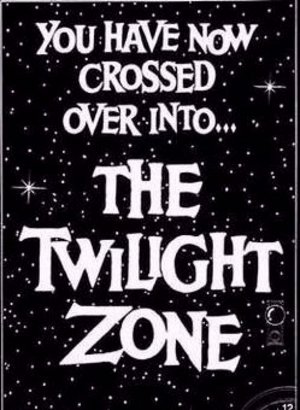
In preparation for an acquisition of another energy company, my boss asked me to prepare an executive compensation and benefit analysis.
It was Friday and he needed it on Monday. I asked him a number of questions to clarify what he wanted and took down notes. Satisfied that I had a clear vision for the project, quickly I began work on obtaining information and solicited help from our law firm’s compensation and benefits attorney.
We worked over the weekend updating the document several times until we were confident of its accuracy.
We had poured many hours into this last-minute project. The final version was an excellent report. The data, analysis and executive summary was exactly what was needed.
Now it’s Monday, the day he absolutely needed this report, and my boss was not available. Employees who worked around this executive never knew which boss would show up: The happy boss or the angry boss. His assistant would warn people who were going to meet with him about his temperament.
Later in the week when I finally met with him (he was in angry boss mode), I highlighted our findings in a quick bullet point fashion because his attention span was very short. When I was finished, he yelled, “this is not what I asked for! Give me your report and shred any other reports you have in your office!”
Although I was completely stunned, I was also very angry inside, considering the careful and detailed analysis that we performed over the weekend. I asked him if he could tell me what was wrong, incorrect or missing from the report.
Silence. He would not answer the question. The meeting was over as he pouted and snorted while walking from his office table to his desk.
This is only one of many unfortunate encounters I had with this very temperamental, angry, unstable boss. This one encounter alone would not be an issue if he was just having a bad day and later apologized for his behavior. His bosshole behavior was frequently in the realm of the Twilight Zone.




